Your poor pup is clearly uncomfortable. She's been licking and biting at the same spot obsessively. Is it fleas? Allergies? Something else? If the area is red and sore, your dog probably has a hot spot. Here's what causes hot spots on a dog, how to identify and prevent them, and how to treat dog hot spots.
What Are Hot Spots on a Dog?
The name is vague, but if your pup has them, they're hard to miss. Hot spots—also referred to as acute moist dermatitis—are red, open, often oozing sores on a dog's skin.
"Hot spots (also known as pyotraumatic dermatitis) usually form from any underlying source of itch," Stacey Rebello, DVM, MS, and director of emergency services at NorthStar VETS, says. "Often they are made dramatically worse by the pet licking and chewing, which introduces secondary infection and worsens inflammation."
This means, hot spots don't occur on their own but can be triggered by a number of common skin irritations:
- Insect bites (from fleas, gnats, mosquitoes, mites, ticks, and other small insects)
- Food or environmental allergies
- Excessive licking or scratching from boredom or stress
- Trapped moisture in a dog's coat after swimming or bathing
- Injuries or scratches of the skin
- Bacterial or yeast infections
A minor itch can quickly become a problem once the skin is broken and bacterial infection spreads. This encourages more licking, scratching, and biting—exactly what causes hot spots on dogs.
Because it's hard for your pup to leave them be, the hot spots don't scab over. Hot spots on dogs rarely clear up their own and can spread rapidly if left untreated.
What Are the Signs My Dog Has a Hot Spot?
Your dog's behavior might be the first clue he has a hot spot. Obsessive scratching, licking, or biting is a telltale sign that something's not right. If the area is red and wet, it's likely a hot spot. Hot spots can be raised and can increase in size quickly without treatment.
Any dog regardless of breed or age can get a hot spot, but German shepherds, Labradors, rottweilers, and long-haired breeds such as Saint Bernards and golden retrievers tend to be more susceptible than other breeds. Hot spots are also more common in hot, humid weather, and case numbers rise in the summer months.
Why Is My Dog Licking So Much?
Sporadic licking can be typical canine behavior. Dogs lick themselves (or other surfaces) for a number of reasons:
- Boredom
- Anxiety
- To self-soothe or calm down
- Allergies
- Irritation
- Pain
- To show affection to another animal or human
- Grooming or cleaning
If normal licking habits become almost constant, it might be a sign something else is going on.
When your dog's skin is irritated, she will try to soothe the itch by licking the affected area. Unfortunately, this hurts more than it helps. If your pup can't seem to leave an irritated spot alone, you'll want to step in before she makes the problem worse.
Is It Time To Call the Vet?
If you suspect your dog is suffering from hot spots, it warrants a trip to your vet. "It's best to have him evaluated by a veterinarian as these moist skin lesions can look similar to other skin issues and almost always require intervention with antibiotics or anti-itch medication for a speedy recovery," Rebello says.
Your vet will conduct a thorough exam to assess the extent and underlying cause of your dog's hot spots. Diagnostic tests may include microscopic skin evaluations, blood tests, and additional testing to rule out food or environmental allergies.
"If hot spots are a frequent occurrence for your pet and they seem to be occurring year-round despite the season, then talk to your vet about performing a hypoallergenic food trial," Kelly McKenna, DVM, at NorthStar VETS, says. Getting to the root cause of the problem allows your vet to develop the most effective treatment plan for your pup.
How Do I Treat Hot Spots On Dogs?
According to Rebello, the best treatment plan for hot spots takes a multi-step approach:
- First, your vet will likely trim or shave the surrounding hair. This helps give a better view of the lesions, allows lesions to dry out, and promotes healing.
- Next, she'll clean the affected area with an antibacterial solution and water.
- Then, your vet will likely prescribe antibiotics—oral, topical, or both.
- Anti-itch medication is also helpful to ease your dog's discomfort and prevent further scratching
- Finally, an e-collar might be necessary to prevent continued licking and biting and give the hot spots time to heal properly.
It might be tempting to try hot spot home remedies for dogs, but Rebello doesn't recommend them. "While I don't think home remedies are as effective as veterinary-directed care, if you are unable to seek medical attention, I would recommend cleaning the area with mild soap and water and purchasing an e-collar to leave on until you can get to the vet," she says.
Many over-the-counter products are available, including ointments and hot spot spray for dogs, but it's best to consult your veterinarian for a comprehensive treatment plan.
McKenna says it's not just what you treat dog hot spots with but how. "The most important thing is keeping the area clean and dry," she says. "As tempting as it is to cover up these ugly lesions, refrain from placing bandages or other coverings, which will just trap in the moisture and delay healing."
If your dog has a hot spot, get him to the vet as soon as possible to seek professional hot spot treatment that provides relief for your pup as quickly as possible.
How Do I Keep My Dog from Licking?
Preventing hot spots is the real goal. Hot spots don't just occur but rather develop from skin damage and irritation from underlying conditions. The best defense is a good offense: Take good care of your dog's skin and coat and prevent excess scratching, licking, and biting to keep hot spots from developing in the first place.
"The best ways to avoid a hot spot are to keep your pet's hair coat clean and dry and use an e-collar to physically prevent him from continuing to lick an itchy spot," Rebello says.
Always dry your dog's coat thoroughly after a bath or swim, especially in summer when hot spots are most prevalent. Because many skin irritations are caused by insect bites, year-round treatment from fleas and ticks is a great place to start. "Many dogs are sensitive to flea bites, and even one or two flea bites might be enough to trigger a hot spot," McKenna says. "You can prevent hot spots by keeping your dog on a monthly flea preventative year-round."
Ask your vet about preventive treatments and start your dog on them right away. Be sure to discuss other irritants, such as recurring ear infections, or suspicions of allergies. Finally, ensure your dog is up-to-date on her immunizations to help keep her happy, healthy, and hot spot-free.

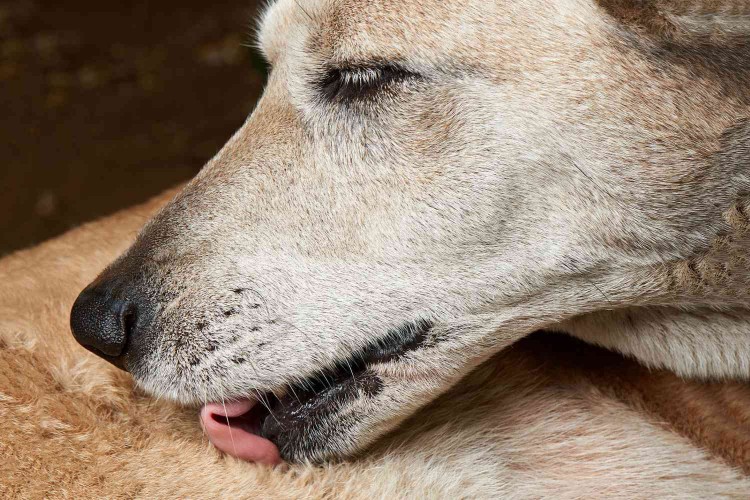

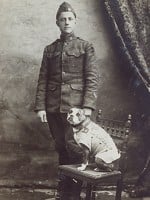
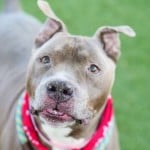

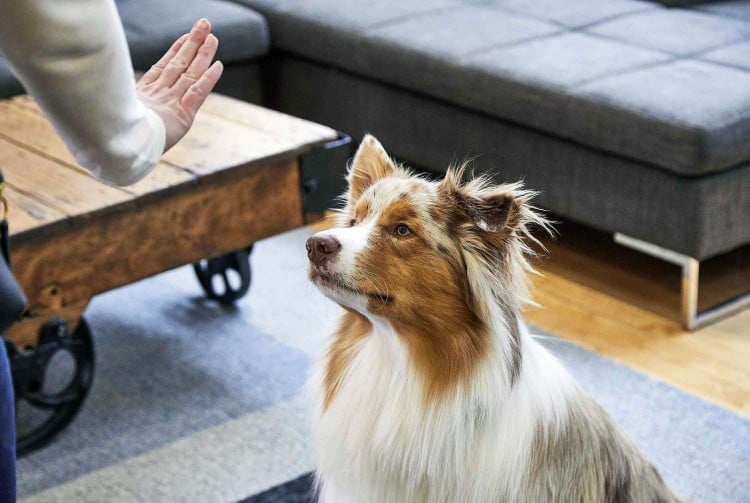
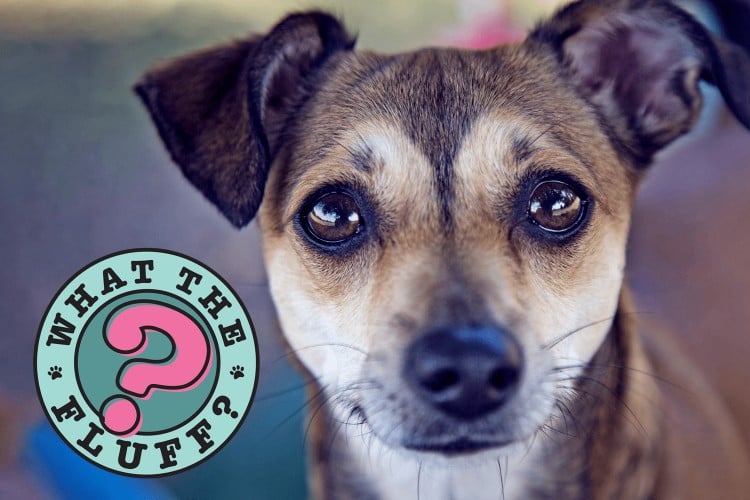
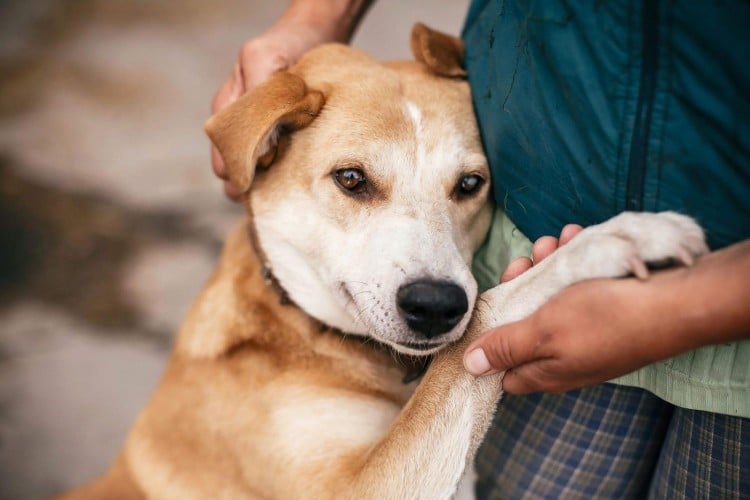
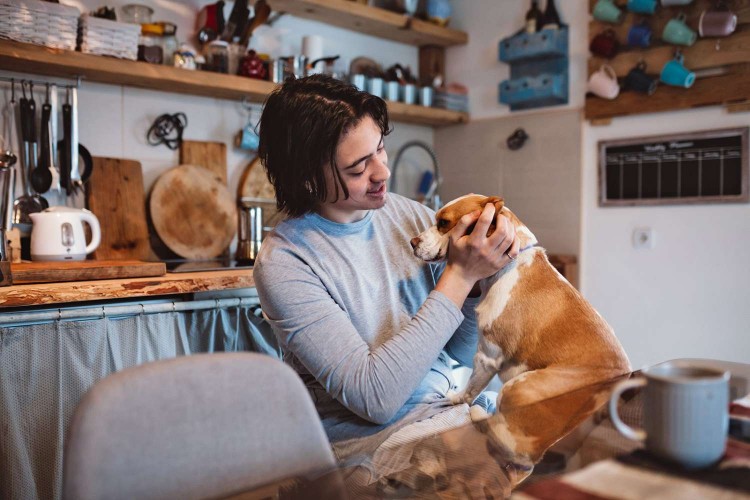
Comments on " Help, My Dog Won't Stop Licking! What To Do About Hot Spots" :